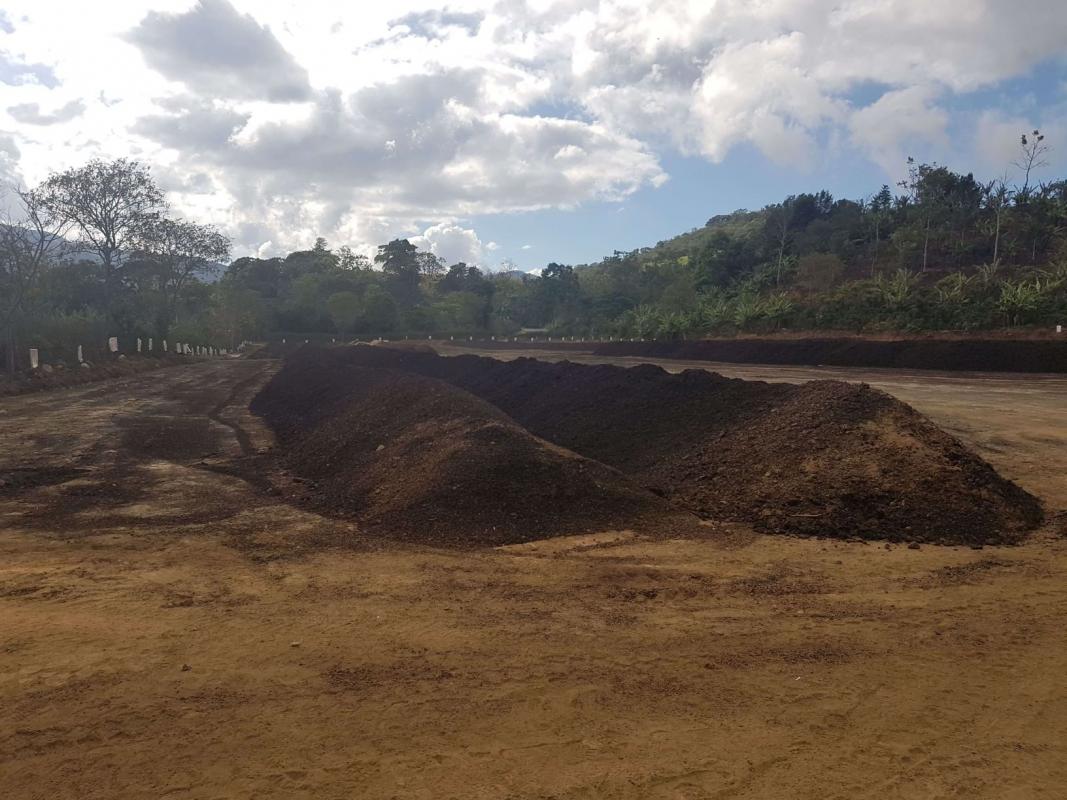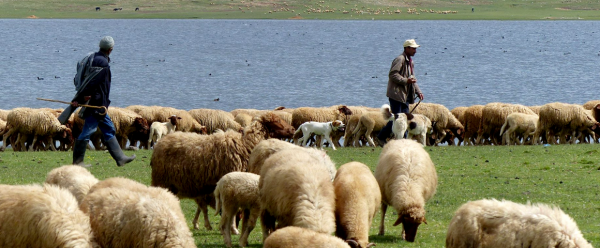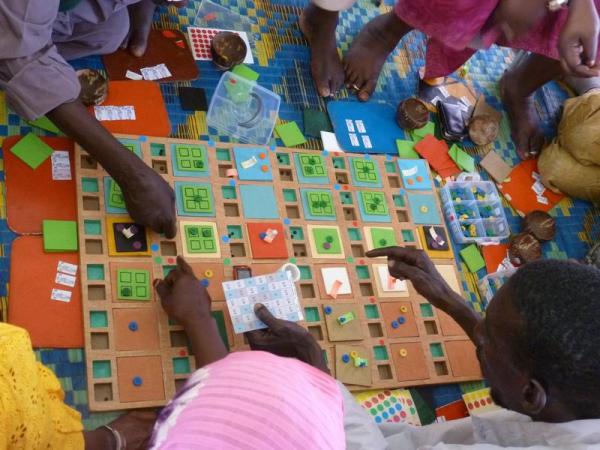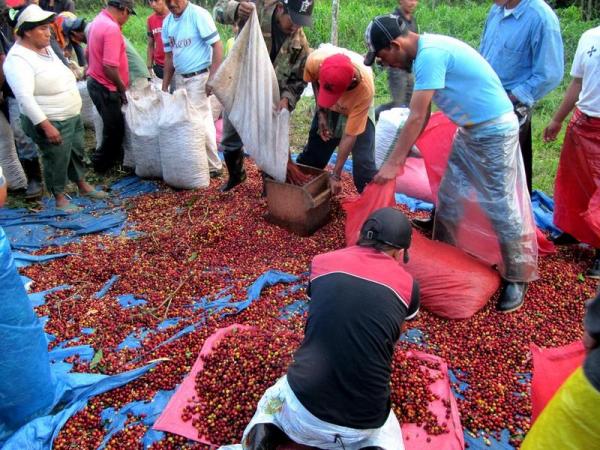- Home
- Work with us
- Cirad'Innov solutions
- Success stories
- AdCofInov: less coffee waste and better incomes for producers
AdCofInov: less coffee waste and better incomes for producers

Compost heaps using the by-products obtained after pulping coffee cherries in a small unit in Costa Rica © CIRAD
CIRAD has been working with two other research institutes to help Eurodia Industrie, a French equipment manufacturer, and Coope Tarrazú, a coffee cooperative in Costa Rica, implement the AdCofInov project, co-funded by Agropolis Fondation. The aim is to come up with a solution to the problem of the waste generated by coffee production: pulp, skin and mucilage.
Coffee pulp, a waste product that poses problems in terms of toxicity and of the volumes to be stored and treated, nevertheless contains molecules with proven industrial uses: hydroxycinnamic acids that are precursors of molecules with high added value, other polyphenols with antioxidant properties, and caffeine, which has psychotropic and diuretic properties.
The AdCofInov project was launched to reduce the pollutant load of waste generated by processing coffee cherries to make green coffee, and to give producers an additional source of income from a by-product. It is built on research collaboration between CIRAD, the Centro Nacional de Ciencia y Tecnología de Alimentos (CITA) in Costa Rica and the Institut européen des membranes (IEM). It is also backed by two socioeconomic partners: the French equipment manufacturer Eurodia Industrie and the Costa Rican coffee cooperative Coope Tarrazú. The partners set out to establish a strategy for treating coffee pulp, to detoxify it and extract the chlorogenic acid (CGA) it contains, using low-energy and low-environmental impact procedures.
Extraction and purification of worthwhile compounds
After characterizing various coffee pulp batches, the study centred on:
- Selecting a CGA extraction technique and identifying the advantages of solid-state alcoholic fermentation,
- concentrating and purifying compounds by membrane separation,
- developing the procedure on a small scale in the laboratory,
- large-scale tests with partners, to spot possible sticking points,
- a final assessment of its technical and economic feasibility.
Reducing waste and opening up markets: the results are promising
The procedure developed under the AdCofInov project is easy to use and more economical than other treatment methods. The project is continuing to reduce the environmental impact of waste (quantity, pollutant load). Lastly, the collaboration has opened up prospects of new markets for Eurodia Industrie and Coope Tarrazú, notably in the agrifood, pharma-cosmetics and green chemistry sectors.
Testimonial from Eurodia Industrie
Testimonial
Eurodia has been working with CIRAD and IEM for a long time, to develop procedures that require advanced technical knowledge of the natural products to be treated. This is why we decided to join AdCofInov, having recently set up a subsidiary, EEDB, in Campinas, Brazil, one of the leading countries in the coffee market. This wide-ranging project served to identify the environmental issues linked to coffee production and to come up with a way of recycling by-products. Given the complexity of the matrix concerned, we now need to determine the added value of the compounds likely to be recovered using the procedure. The next steps for Eurodia will probably be to look for operators, notably in Brazil, who might be interested in these co-products, and to set up a demonstration pilot to test the industrial feasibility of the procedure.



























